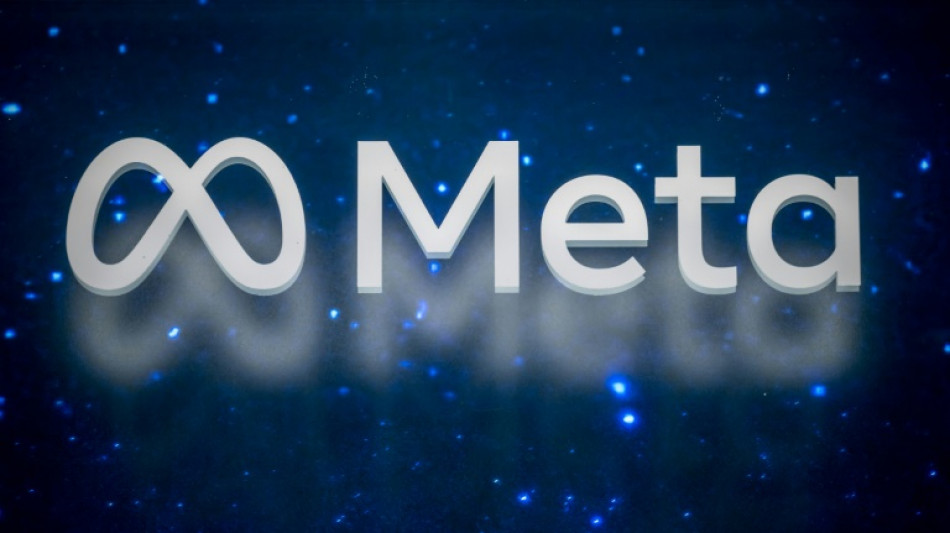
SCS
0.0200

A US judge on Wednesday handed Meta a victory over authors who accused the tech giant of violating copyright law by training Llama artificial intelligence on their creations without permission.
District Court Judge Vince Chhabria in San Francisco ruled that Meta's use of the works to train its AI model was "transformative" enough to constitute "fair use" under copyright law, in the second such courtroom triumph for AI firms this week.
However, it came with a caveat that the authors could have pitched a winning argument that by training powerful generative AI with copyrighted works, tech firms are creating a tool that could let a sea of users compete with them in the literary marketplace.
"No matter how transformative (generative AI) training may be, it's hard to imagine that it can be fair use to use copyrighted books to develop a tool to make billions or trillions of dollars while enabling the creation of a potentially endless stream of competing works that could significantly harm the market for those books," Chhabria said in his ruling.
Tremendous amounts of data are needed to train large language models powering generative AI.
Musicians, book authors, visual artists and news publications have sued various AI companies that used their data without permission or payment.
AI companies generally defend their practices by claiming fair use, arguing that training AI on large datasets fundamentally transforms the original content and is necessary for innovation.
"We appreciate today's decision from the court," a Meta spokesperson said in response to an AFP inquiry.
"Open-source AI models are powering transformative innovations, productivity and creativity for individuals and companies, and fair use of copyright material is a vital legal framework for building this transformative technology."
In the case before Chhabria, a group of authors sued Meta for downloading pirated copies of their works and using them to train the open-source Llama generative AI, according to court documents.
Books involved in the suit include Sarah Silverman's comic memoir "The Bedwetter" and Junot Diaz's Pulitzer Prize–winning novel "The Brief Wondrous Life of Oscar Wao," the documents showed.
"This ruling does not stand for the proposition that Meta's use of copyrighted materials to train its language models is lawful," the judge stated.
"It stands only for the proposition that these plaintiffs made the wrong arguments and failed to develop a record in support of the right one."
C.Novotny--TPP